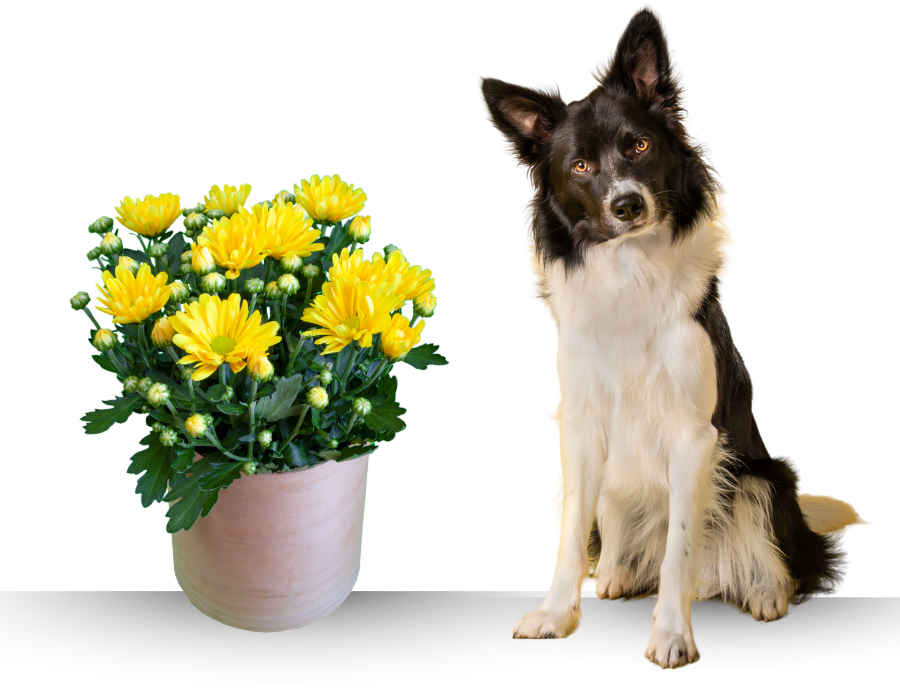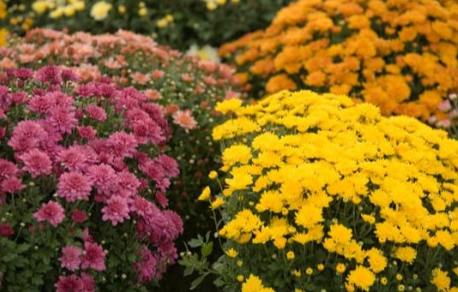Chrysanthemums (Mums) and Pet Toxicity
Chrysanthemums — commonly called mums — are popular ornamental flowers found in gardens, floral arrangements, and seasonal decorations. While beautiful, they contain compounds called pyrethrins and sesquiterpene lactones, which can be toxic to both dogs and cats if ingested.
Why Are They Dangerous?
These naturally occurring insecticidal compounds irritate the gastrointestinal tract and can affect the nervous system. Ingestion may cause mild to moderate signs but can become serious in small pets or if large amounts are eaten.
Who’s Most at Risk?
Pets with access to outdoor gardens or floral arrangements indoors
Curious puppies or kittens prone to chewing plants
Small pets, where even minimal ingestion can trigger symptoms
Signs of Chrysanthemum Toxicity
Clinical signs can appear within a few hours of ingestion and may include:
Drooling or excessive salivation
Vomiting or diarrhea
Lack of appetite
What To Do If Your Pet Eats Chrysanthemums
Remove any plant material from your pet’s mouth if safe to do so.
Do not induce vomiting at home unless directed by a veterinarian or poison control.
Call Animal Poison Control immediately.
ASPCA Animal Poison Control: (888) 426-4435Monitor your pet closely for developing symptoms, even if they seem fine initially.
What to Expect at the Vet
Veterinary care is usually supportive and may include:
Inducing vomiting or giving activated charcoal if ingestion was recent
IV fluids to maintain hydration and support recovery
Antiemetics (anti-nausea medication) and gastrointestinal protectants
Most pets recover well with prompt treatment.
Important Reminder
Never assume ornamental plants are safe for pets. Chrysanthemums and many other flowers can cause toxicity — always check before bringing new plants into your home or yard.
Prevention Tips
Keep houseplants and floral arrangements out of reach of pets.
Educate family members about which common plants are toxic.
Choose pet-safe alternatives when decorating your home or garden.
Final Thoughts
Chrysanthemums are a classic sign of fall but can pose a risk to pets who chew on plants. Quick action and veterinary care help ensure a full recovery. When in doubt, treat plant ingestion as potentially dangerous and call Animal Poison Control: (888) 426-4435.
Gal Chivvis, DVM


